© 2019 Pancreatica. All rights reserved | Privacy Policy
312 Fountain Avenue, Pacific Grove, California 93950 | Phone: (831) 658-0600 | Fax: (831) 658-0518 | participate@tofightcancer.com

WHY US? BECAUSE EARLY DIAGNOSIS IS KEY
Currently, only about 15% of those diagnosed with pancreatic cancer are eligible for potentially curative surgery. We need to find the disease earlier!
Pancreatic cancer is very aggressive. Fortunately together, so are we.
We are dedicated to promoting awareness, increasing education, and furthering pancreatic cancer research.
PANCREATITIS
Pancreatitis is a term that refers to inflammation of the pancreas. This inflammation can be caused by many potential factors. The key division in these conditions is between acute pancreatitis and chronic pancreatitis.
Acute pancreatitis is associated among other conditions with binge alcohol drinking (a major cause), a family history of high serum triglycerides, recent surgery, and a history of biliary colic. Signs and symptoms of acute pancreatitis include intense upper abdominal pain often times radiating through to the back (major symptom), nausea, vomiting, fever, rapid heart rate, abdominal tenderness, and sometimes jaundice and even shock. Acute pancreatitis can be a life-threatening emergency and must be treated with urgency and with great care.
Chronic pancreatitis is more of an ongoing or even intermittent inflammation of the pancreas taking place over months or years which typically produces intermittent severe mid or left upper abdominal pain that can radiate to the back, which may be associated with eating or come unbidden with no association to food. It is often accompanied by diarrhea and weight loss. Standard physical examination will generally not be sufficient for diagnosis, which will likely necessarily include a high index of suspicion on the part of a physician, laboratory testing and imaging studies.
Pancreatic cancer is increased with chronic pancreatitis and with certain genetic or hereditary causes of pancreatitis. Hereditary pancreatitis can progress to chronic pancreatitis. But, it is important to note that most cases of chronic pancreatitis do not result in pancreatic cancer. However, those with hereditary pancreatitis have about a 40% lifetime risk of developing pancreatic cancer. It appears that the risk among those with hereditary pancreatitis in increased for those individuals who additionally drink alcohol or smoke cigarettes. The majority of individuals with hereditary pancreatitis carry a familial mutation of the PRSS1 gene.
An indication that one may have hereditary pancreatitis is if two or more first degree relatives OR three or more second degree relatives have been diagnosed with pancreatitis.
The exact screening measures and potential procedures are not fully agreed upon (in medical terms) in patients with hereditary pancreatitis, but it is advised that one seek the services and counsel of highly experienced specialists. Both chronic pancreatitis and hereditary pancreatitis require careful and thoughtful follow-up and care – both for the conditions themselves, and for their relationship to pancreatic cancer.
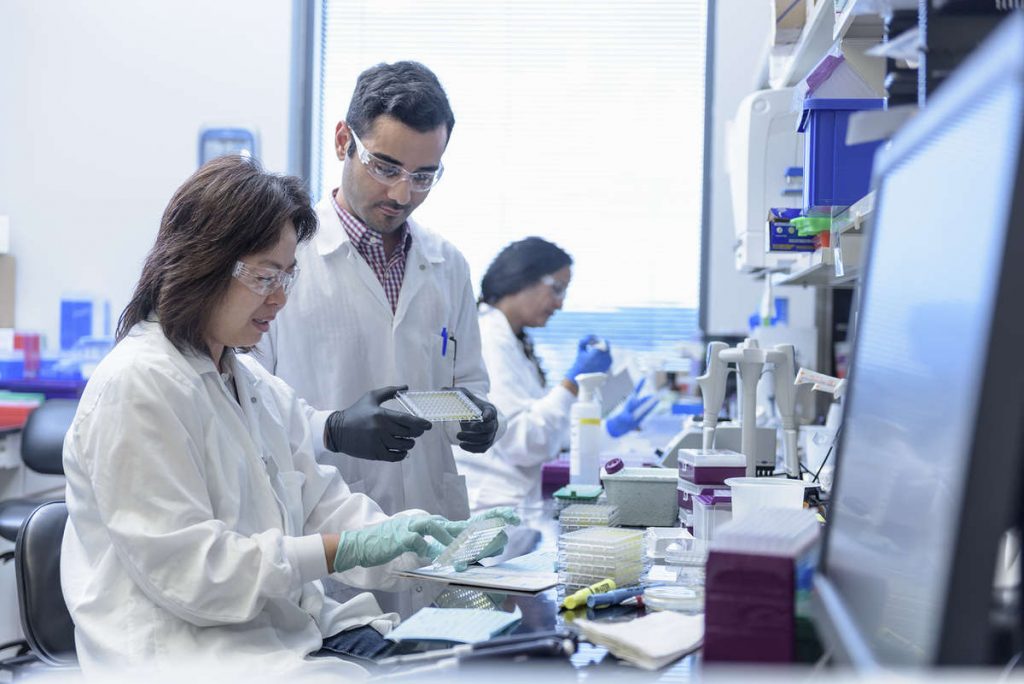
Our science board is composed of:
James Abbruzzese, MD Chief, Medical Oncology Duke University
Markus Büchler, MD Chairman, Surgery Heidelberg University, Germany
Ralph Hruban, MD Director, GI / Liver Pathology Johns Hopkins University
Eileen O’Reilly, MD Associate Director for Clinical Research – Memorial Sloan-Kettering Cancer Center
Margaret Tempero, MD Chief, Medical Oncology University of California at San Francisco

Our Philosophy About Pancreatic Cancer
Pancreatic cancer is a serious disease. Taking an aggressive rational stance at the earliest possible time, supported by the best medical team, and treated in the most appropriate manner gives the best chance for survival.
We believe in strong patient-physician bonds, scientifically-based treatment, and that comfort can come from knowing that everything that reasonably can be done – is being done.
That the best approach is meeting cancer of the pancreas head-on and armed with the best available information.
Cancer Patients Alliance is a 501(c)(3) non-profit. Initiatives include, ToFightCancer.com and Pancreatica.org. All Donations are tax-deductible. Pancreatic cancer is the least funded cancer in terms of research.
Despite causing enormous mortality, pancreatic cancer receives (on a mortality basis) much less funding for research than most of the other major cancers. Currently, there is no molecular marker or genetic screening tool to aid in the earlier diagnosis or screening of pancreatic cancer. Treatment results would improve significantly if this cancer could be diagnosed at an earlier stage.
Amazon donates 0.5% of the price of your eligible AmazonSmile purchases to help fight pancreatic cancer!
AmazonSmile is the same Amazon you know. Same products, same prices, same service. Simply use our Link to start shopping!

All Donations are tax-deductible.

Walk, Run, or Choose your own!
Walk or Run any Fun Run, Color Run, 5K, 10K, Half Marathon or Full Marathon Race!
– Find local Events –
1. Active.com
2. RunningInTheUSA
3. Runners World

CREATE YOUR OWN FUNDRAISER using Peer to Peer!
Peer to Peer is a fundraising method that helps you raise money by setting up a fundraising page and sharing with friends and family!

FUNDRAISING ON FACEBOOK IS SO EASY!
Dedicate your birthday to fight pancreatic cancer or simply set up a page to honor a loved one.
"It was such an awesome experience for our whole family to be given the opportunity to participate in such a great and meaningful Walk!”
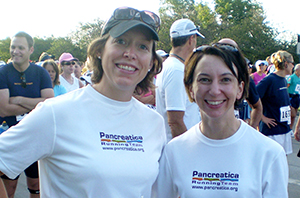
"This weekend was so amazing, seeing all those people come together for this cause was inspiring."

"Thanks for the great organization and I look forward to walking or running in the future to help this cause."
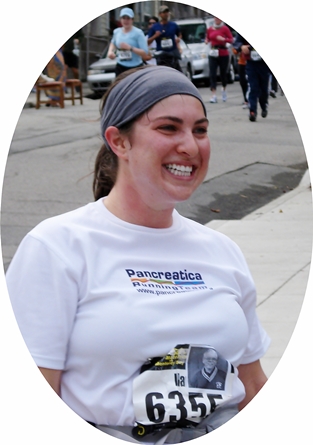
"The weekend was absolutely amazing
and inspiring!! I had a fantastic time raising funds for this charity."
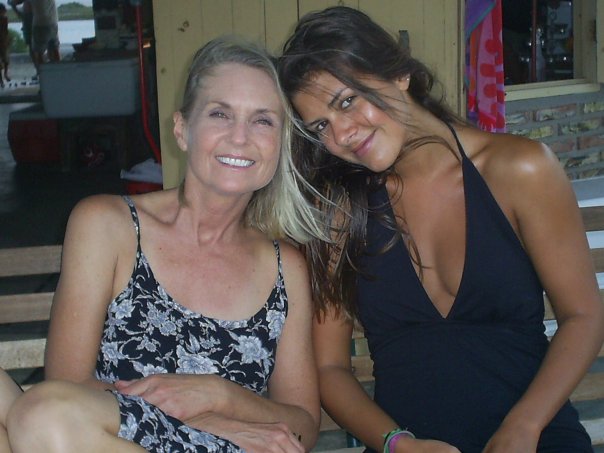
Previous
Next
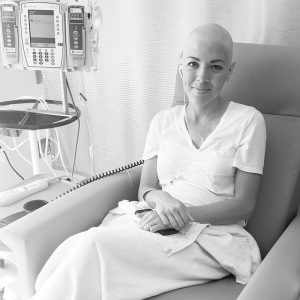
Our mission is to promote awareness, increase education, and further pancreatic cancer research, specifically research aimed at early diagnosis.
Early diagnosis is key:
Survival increases dramatically if patients are diagnosed in time for surgery!



